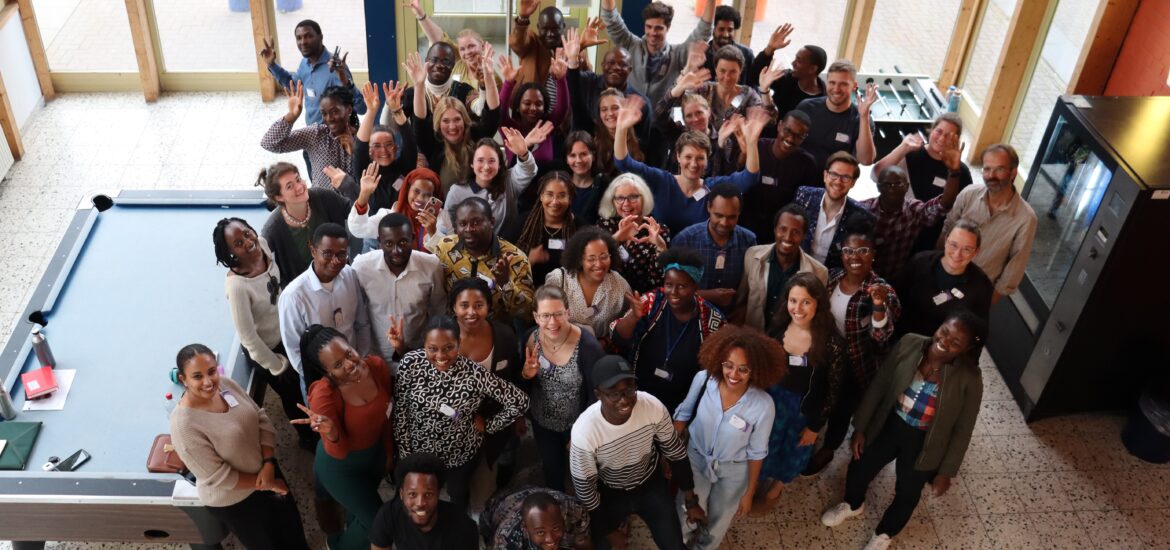60 students and alumni from 12 different African countries and Germany came together in Hamburg from the 22nd to 24th September 2023 to participate in scientific exchange, engage across cultures, meet old friends, and make new ones.
This year’s topic, Mental Health and Therapy: Experiences of the German and African Diaspora, was unique, because it affected many of us also on a personal level – many of us have experienced not only the excitement but also the personal challenges that come with leaving one’s home country, family and friends for a new and unfamiliar environment.
The programme of the conference was headed by our three keynote speakers who discussed the topic of mental health and migration from different professional and personal perspectives: Prof. Dr. Pilar Salamanca, Jaqueline Mugaragu-Lamprecht, and Imen Besrour. Furthermore, ANSA members also presented their research and insights into several dimensions of mental health issues raging from the Covid 19 pandemic to specific mental challenges PhD students face to the connection of climate change and mental wellbeing, among other.
The ANSA conference showed that living in another country, even if it may only be temporarily, influences the mental wellbeing of a person. Both the German and African diasporas are heterogenous groups that have specific needs, challenges as well as resources and coping strategies when it comes to mental wellbeing. This diversity was also reflected in the participants of the conference who have made experiences as exchange students and lecturers, visiting researchers, work migrants, refugees or immigrants. They all face different individual and structural challenges.
A number of effects can influence mental health positively: e.g. learning the local language and being part of a local community were discussed. Nevertheless, other factors may negatively influence mental wellbeing, such as the feeling of loneliness, disconnectedness, homesickness, and the need to adapt to new daily routines, customs, values, and expectations. On top of that, participants have reported that they have experienced individual and structural discrimination or racism in the past.
The presentations and discussions provided useful input on prevention and self-care, on diagnosis and therapy, as well as support systems and mental health management. Furthermore, the keynote speakers and participants collectively gathered information on mental health services in Germany to answer questions that came up during the conference: Where do I find counselling services in my mother tongue? What mental health medical services do I have access to? How does the German health system work? What are the legal and structural limitations when it comes to the access to healthcare e.g., for refugees according to the Asylum-Seekers’ Benefits Act?
The conference was complemented with a variety of activities: morning meditation, a poetry night were participants shared their experience with cultural diversity and life challenges through their art, a city tour through Hamburg, African and German food, as well as long evenings with lively conversations and joy. On the last day, the members assembly took place, and a new board was elected.
We would like to thank everyone who participated in our conference and made it unforgettable. ANSA is what we make of it. We are looking forward to seeing you all again next year.
